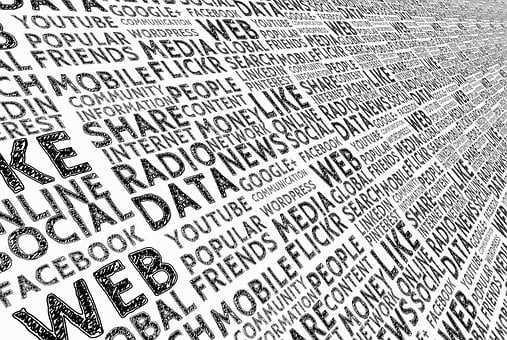7 ways to avoid becoming a misinformation superspreader
Curated from: ideas.ted.com
Ideas, facts & insights covering these topics:
7 ideas
·1.43K reads
14
1
Explore the World's Best Ideas
Join today and uncover 100+ curated journeys from 50+ topics. Unlock access to our mobile app with extensive features.
Stand with other people
Allowing misinformation to spread only makes it more likely for people to start believing it, so when you see someone stand up against a person for sharing misinformation, join in on the conversation.
19
313 reads
If you see something, say something
- Humans trust other humans more than they trust algorithms or bots, most especially those in our own social circle. Stand up against misinformation publicly.
- This is not to say to aggressively argue with the person or mock them but rather to approach them firmly with specific reasoning and providing counterevidence about how the information being shared is fake.
- The additional benefit to this is that when one publicly debunks a shared link other viewers will be discouraged to share it.
21
224 reads
Be aware of your emotions
People share things on social media because of their emotions mindlessly all the time. Those who view their accounts in an emotional mindset, mainly anger and anxiety are the culprits, are more likely to share misinformation than those with a rational state of mind.
22
189 reads
Take a pause
Before sharing something online, consider the consequences of doing so and ask yourself whether the link you're sharing is true; has it been fact-checked?
Misinformation is shared quickly and without much thought to be conscious of your actions and your behaviors and control your impulses.
22
179 reads
Consider the source
Every post you share is not only for yourself but it will be seen by other people. Make sure to double-check your sources with other contents that have low biases and high fact ratings in order to find sources you can actually deem trustworthy.
20
176 reads
Recognize your vulnerabilities
Research says that people who underestimate their biases are actually more vulnerable to being misled than those who acknowledge their biases.
There is a thing we call "confirmation bias" and this happened when a person is biased towards believing information that is already aligned with what they believe in may t be politically, religiously, or by ethnicity or nationality.
19
183 reads
Educate yourself
False information is shared by many people who intentionally want to mislead people, and many unaware people fall for this.
In order to avoid the further spread of misinformation, we should learn the tricks they use to manipulate us.
- Prebunking - this is a type of debunking that happens before you hear myths and lies.
- Play games dedicated to teaching you the tricks headline baiters use.
20
172 reads
IDEAS CURATED BY
Mia 's ideas are part of this journey:
Learn more about communication with this collection
How to strengthen your willpower
How to overcome temptation and distractions
The role of motivation in willpower
Related collections
Similar ideas
2 ideas
4 ideas
Digital Literacy Doesn’t Stop the Spread of Misinformation
scientificamerican.com
5 ideas
How to read the news like a scientist
ideas.ted.com
Read & Learn
20x Faster
without
deepstash
with
deepstash
with
deepstash
Personalized microlearning
—
100+ Learning Journeys
—
Access to 200,000+ ideas
—
Access to the mobile app
—
Unlimited idea saving
—
—
Unlimited history
—
—
Unlimited listening to ideas
—
—
Downloading & offline access
—
—
Supercharge your mind with one idea per day
Enter your email and spend 1 minute every day to learn something new.
I agree to receive email updates

